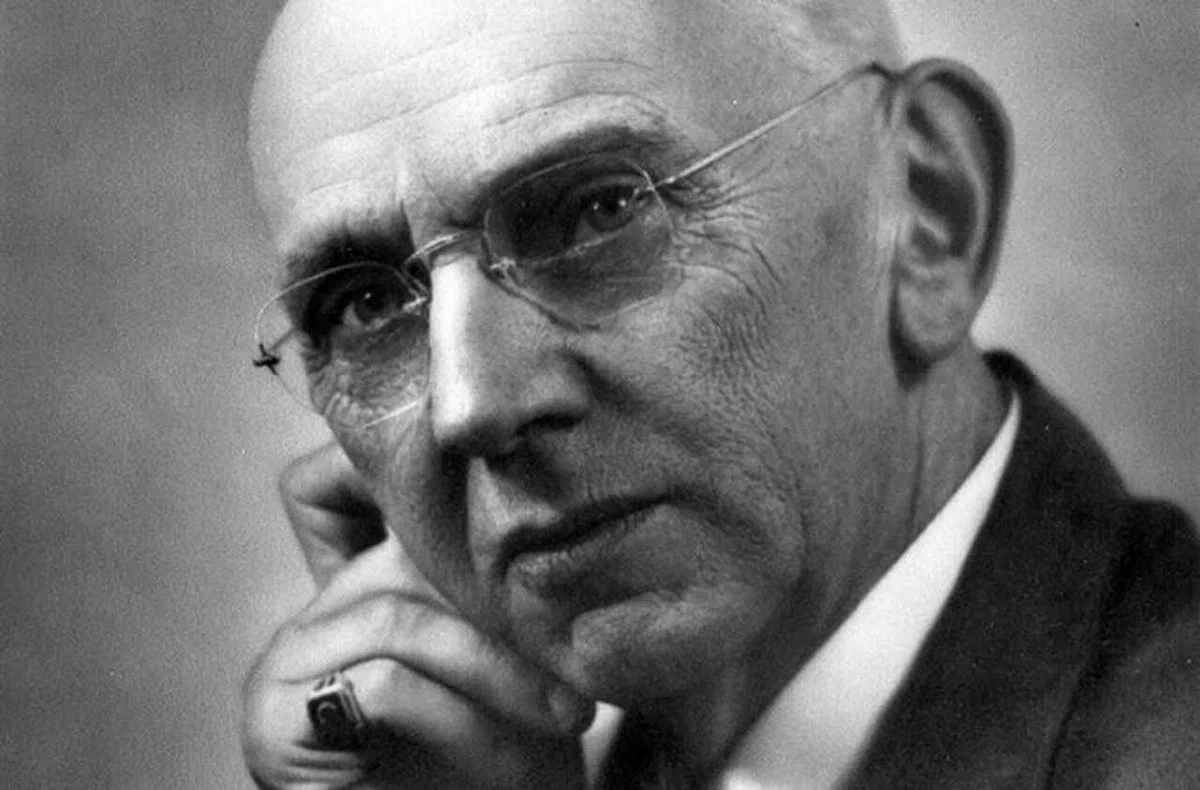
Edgar Cayce is a well-known psychic that was known for his remote viewing. He would use different techniques that weren’t what others called remote viewing, but he was one that was able to use sleep with remote viewing so that he could stay conscious while his body was asleep.
Extended Remote Viewing
Extended remote viewing is a type of remote viewing where a person can meditate to connect to the energies and then they can separate their body from their spirit while they are asleep using energies around them. When you move away from the awake or the beta then you can go to the sleep state or the theta that helps you to get closer to your energy network. When the brain is as far away from the beta that it can be, this is the delta and a time where you lose the ego or total consciousness.
Edgar Cayce Extended Remote Viewing
Cayce was known to use extended remote viewing and he was able to put his body in a self-induced sleep state where he would lay down and put himself to sleep or in a trance. When this happened, he was able to see into the spiritual world.
He believed that remote viewing had no limits and that he could go anywhere and anyone that was using remote viewing could go anywhere. It is believed that Cayce was able to go to thousands of places when he was doing extended remote viewing.
What He Did
Cayce was known to give information on a variety of things including:
- Astrology.
- Business issues.
- Future situations.
- Health issues.
- The meaning of life.
Edgar Cayce was there using extended remote viewing before it ever became a thing and he was part of what is called the New Age era, doing the work without it having a proper name at the time.
Health Issues
There were many things that Cayce wrote about regarding health issues, and this impacted people throughout his time. He was considered a medium and he taught people different things that helped them to understand their health more.
Other Teachings
There were other teachings that impacted people around the world such as his teachings on:
• Soulmates.
• Meditation.
• Akashic records.
• Spirituality.
Fundamental Teachings
Cayce believed in the fundamental teachings of Christ, and he was a member of the Disciples of Christ. His works were rejected by Christians though because he believed in things such as reincarnation and Akashic records which are not part of that religion.
Healing
Cayce was a natural healer and he showed this throughout his writings. He later became sick with a throat condition, and he used his own trance and other techniques to find solutions to help with his sickness.
Reading and Knowledge
Cayce believed that he could transfer knowledge form books just by sleeping on them and he would do this with schoolbooks. He also believed that he could help other people with their health and so he wrote about multiple subjects to try and do just that.
He believed that anyone would be able to learn how to do remote learning and that everyone could learn to heal. He also believed that people could talk to spirits and to phyiscal people and that people could reach their dreams and find out more information. Cayce embraced some of Freud’s teachings.
Predictions
Cayce was known for some of his predictions including predicting the end of World War 1 and 2 and about when the Great Depression would end, racial inequality in the United States and assassinations that happened in the world. He was also known for saying things like, “We are through,” after he would finish a reading.



‘New Age’ movements often seek to reclaim ancient wisdom, yet Cayce’s rejection by mainstream Christianity highlights the challenges of integrating these ideas into established belief systems.
Cayce’s approach to health and healing through trance states seems to bridge the gap between traditional medicine and metaphysical practices. This could be a valuable area for further exploration.
‘Soulmates’ and ‘Akashic records’ are concepts that many find appealing, but their practical applications in modern life remain ambiguous.
The concept of extended remote viewing as described here is quite intriguing. It raises questions about the nature of consciousness and how it interacts with reality.
‘Losing the ego or total consciousness’ during delta states opens up discussions on altered states of awareness. How does this correlate with contemporary psychological theories?
‘Transferring knowledge from books by sleeping on them’ is an interesting claim that challenges conventional learning methods; scientific validation would be necessary to substantiate this notion.
The idea that anyone can learn remote viewing is fascinating, yet it suggests an inherent potential within all individuals that warrants deeper investigation.
While Cayce’s predictions are notable, one must consider the psychological implications of such abilities. Is there a cognitive basis for these experiences?